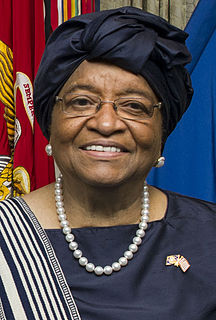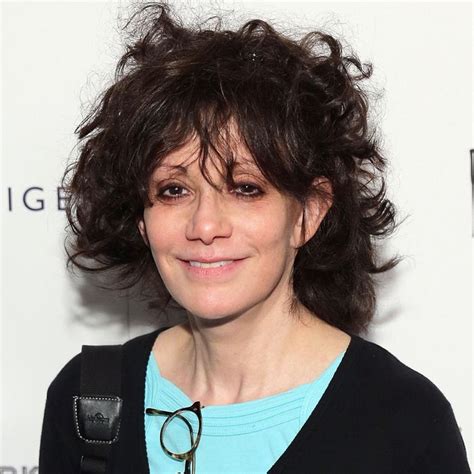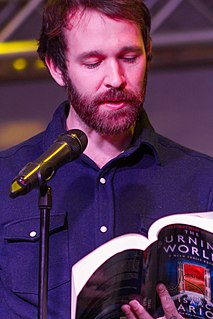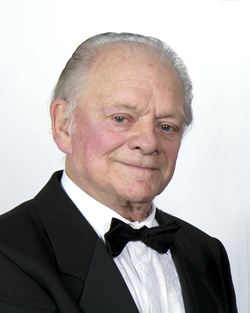A Quote by Diet Eman
Those women who had gone out with Germans were grabbed and treated very badly, often shaved totally bald so that everyone could see who they were. Some were taken prisoners. There had been so much suffering during the war because of the betrayal of those collaborators, so many killed and hurt because of what they had done to families, that the mood for revenge against the traitors was very high. It was not right, but it was understandable.
Related Quotes
My calling was first of all to ensure there was peace in the country, because we could easily have gone back to war. In the midst of the country, there were still warlords; there were many child soldiers who had never gone to school - they were part of the social setting - compromises had to be made.
Into this wild-beast tangle these men had been born without their consent, they had taken part in it because they could not help it; that they were in jail was no disgrace to them, for the game had never been fair, the dice were loaded. They were swindlers and thieves of pennies and dimes, and they had been trapped and put out of the way by the swindlers and thieves of millions of dollars.
We were great mates [with Rajiv Gandhi]: very, very, very close friends. In fact, on my visit to India as Prime Minister, we were going to his home for dinner. There were two aspects I remember: one is him saying how he had trouble with his security people, because they insisted he wears a vest. He said it was very uncomfortable and he often took it off, but of course, in the end, it wouldn't have mattered if he'd been wearing three vests - he would have been gone.
I'm very blessed, mainly because even though my family is mostly in show business, it's really centered around music. My parents were very successful in many ways, but they weren't necessarily top of the charts. We were never wealthy because of music. We always had to work and we always had to struggle a little bit, and I think at the end of the day that's been very good for me, because I have a sense of it being very ephemeral.
For me, Stalinism was even a greater philosophical problem than Nazism. Under Nazism, if you were a Jew, you were simply killed, no questions asked, you had nothing to prove. Under Stalinism, of course, most [victims] were on trial for false accusations; most of them were not traitors. There is one interesting feature: that they were tortured or through some kind of blackmail forced to confess to being traitors.
I was a housewife, so I learned to write in times off, and I don't think I ever gave it up, though there were times when I was very discouraged because I began to see that the stories I was writing were not very good, that I had a lot to learn, and that it was a much, much harder job than I had expected.
Signing to a major, there weren't many bands from our sphere that were doing it. I mean, obviously R.E.M. had done it, and Husker Du and the Replacements had done it, and maybe Soul Asylum, but that was probably about it. Those four bands were pretty much the only ones from that milieu that had signed to a major.
My mother and my father had very, very strong Scots accents. We were Australian, and in those days when I was young, I spoke with a much more of an Australian accent than I have now. However I knew that if I went to England to become an actor, which I was determined to, I knew that I had to get rid of the Australian accent. We were colonials, we were Down Under somewhere, we were those little people Over There. But I was determined to become an Englishman. So I did.



































